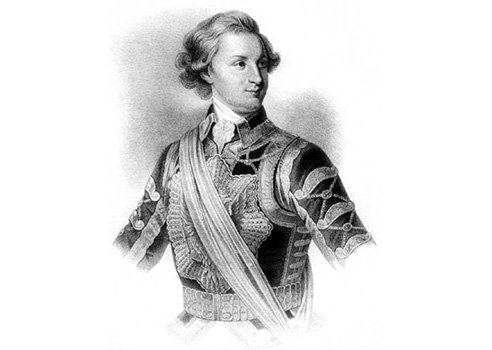Word count: 237 words
Reading time: Less than 1 minute
Increase your vocabulary and you’ll make your writing much more precise. That’s why I provide a word of the week. Today’s word: potemkin.
If you’d asked me about the meaning of the word potemkin, three weeks ago, all I’d have been able to tell you was that it was Russian. After that I’d have drawn a blank.
But I looked it up after encountering it in the book Shop Craft as Soul Craft by Matthew B. Crawford, in the following sentence:
Is all his hard work in school somehow just for show–his ticket to a Potemkin meritocracy?
Turns out that Potemkin was the surname of a Russian soldier and statesman, Grigori Aleksandrovich (1739-91), pictured above, and a lover of Empress Catherine II. In response to the man’s actions, Potemkin has become an adjective meaning something that is fraudulent or counterfeit.
Originally used in the phrase “Potemkin Village” it described a fake settlement, built only to impress. Apparently (although some modern historians believe the story has been exaggerated), in 1787, Potemkin erected sham villages along the banks of the Dnieper River in order to convince Catherine that the Crimea was more affluent than it really was.
Many years later, a battleship named the Potemkin became famous for the rebellion of its crew against it officers in 1905. A silent film, Battleship Potemkin, was made in 1925. Potemkin is a word freighted with history.


